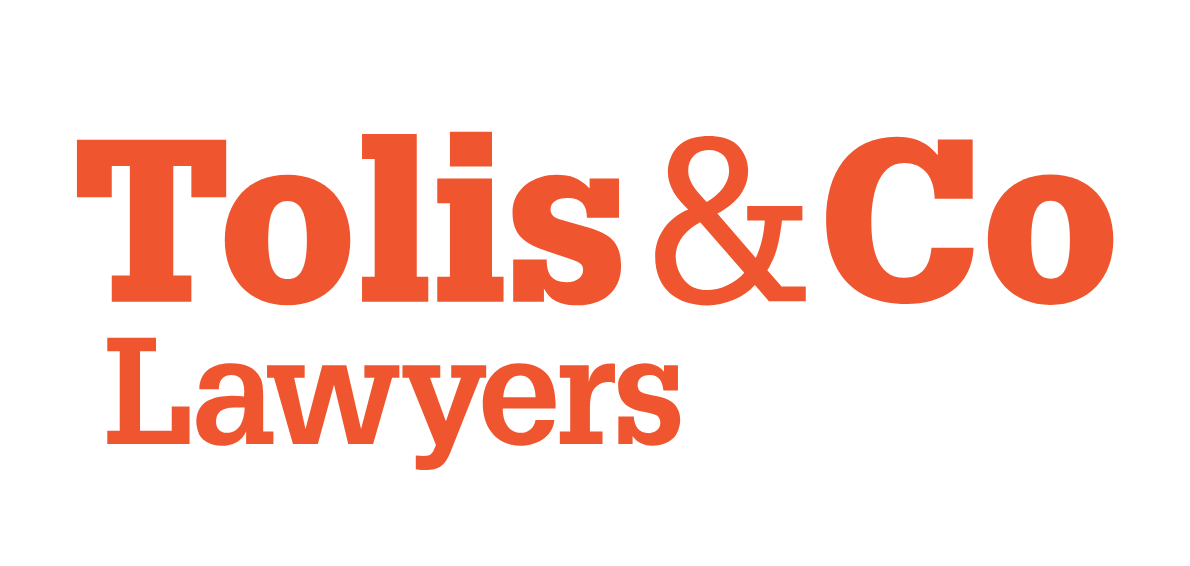Settling a compensation claim can bring a sense of relief and closure after a challenging period of dealing with injuries, medical bills, and legal proceedings. However, the process does not end with the settlement itself. Understanding the timeline for receiving your funds, addressing paybacks to Medicare, considering Centrelink entitlements, assessing tax implications, and seeking financial advice are all crucial aspects of the post-settlement phase. By addressing these practical and financial considerations thoughtfully, you can make informed decisions that support your well-being and financial stability in the long term.
How Long Until I Receive My Settlement Money?
The timing of when you will receive your compensation following the settlement of a claim can differ based on the specifics of your case and the terms agreed upon during negotiations. Still, in a typical process the following steps will occur before you receive your funds:
Agreement
Once you and the liable party (or their insurer) reach an agreement on the compensation amount, the details are finalised in a settlement agreement. This step can take some time, to allow for drafting and negotiation of any final details.
Insurer’s Payment
The liable party – or more commonly, their insurer – will make the payment, either as a lump sum or in instalments, as specified in the settlement agreement. In many cases, the settlement funds are transferred initially into your lawyer’s trust account. This is a secure account where the funds are held until they are ready to be disbursed according to legal requirements.
Legal Fees and Disbursements
Once the funds are received, your lawyer deducts their legal fees from the settlement funds. The amount that your lawyer can receive must be set out in the agreement that you signed at the beginning of your claim. In addition, this amount may be capped by legislation to a certain percentage of the overall amount that you receive.
At this point, your lawyer will also deduct any disbursements. These are expenses related to your case, such as medical record fees and court filing fees. Your lawyer will provide you with a disbursement statement detailing the deductions made from the settlement, including all legal fees and disbursements. The remaining amount is then ready for distribution to you.
Paybacks
It is important to realise that there may still be other costs and debts that need to be paid out of the settlement amount.
Medicare and Centrelink
For instance, if you received subsidised medical treatment after sustaining your injuries, Medicare may have a right to recover some costs from your compensation settlement. Similarly, if you received an income support benefit from Centrelink during the period after your injury, you may have to repay this amount. The obligation to pay this amount back if you receive a payment is called a lien.
Medicare and Centrelink will issue a notice specifying the amount they expect to recover from your settlement. It is important to communicate this information to your lawyer to ensure the appropriate funds are set aside to satisfy these liens.
Future Medical Expenses
If your injuries require ongoing medical treatment or rehabilitation, you might need to allocate a portion of your settlement for future medical expenses. Consult with your healthcare provider to estimate potential future costs.
Other debts
If you have other outstanding debts or liens related to your injury, it is important to address them promptly after receiving your settlement. Your lawyer can even assist in negotiating with creditors and ensuring any obligations are fulfilled.
Tax Implications
In Australia, compensation payments for personal injuries are generally tax free. This means you typically do not need to pay income tax on the settlement amount or include the amount in your income for that year. However, if your settlement includes components such as interest or investment income earned on the settlement funds, those components might be subject to taxation. It is always advisable to consult with a tax professional to ensure that you fully understand the tax implications of your specific situation.
In addition, receiving a lump sum compensation payment could potentially impact your Centrelink entitlements, depending on the amount and your personal circumstances. The Australian government has established guidelines to determine whether a lump sum payment is considered income or an asset for Centrelink purposes. Seeking advice from a financial advisor or Centrelink representative can help you understand how your compensation settlement might affect your entitlements.
Financial Advice
If your compensation settlement is a substantial sum, it is highly recommended to seek financial advice. A financial advisor can provide insight on how to manage and invest the funds to secure your financial future. They can help you develop a financial plan that addresses your immediate needs, long-term goals, and potential tax considerations.
In some cases, especially for large settlements, parties might opt for a structured settlement. This involves receiving periodic payments over time instead of a lump sum. Structured settlements can provide financial stability and tax benefits, but they require careful consideration and legal guidance.
Conclusion
Having gone through the process of pursuing and being awarded compensation for your personal injury claim, you will likely be anxious to know what happens next in terms of receiving your settlement funds. Understanding the process involved and any practical and financial considerations that should be factored into your settlement can help you make informed decisions moving forward.
This is general information only and you should obtain professional advice relevant to your circumstances. If you or someone you know wants more information or needs help or advice, please contact us on 08 8443 4888 or email [email protected].

